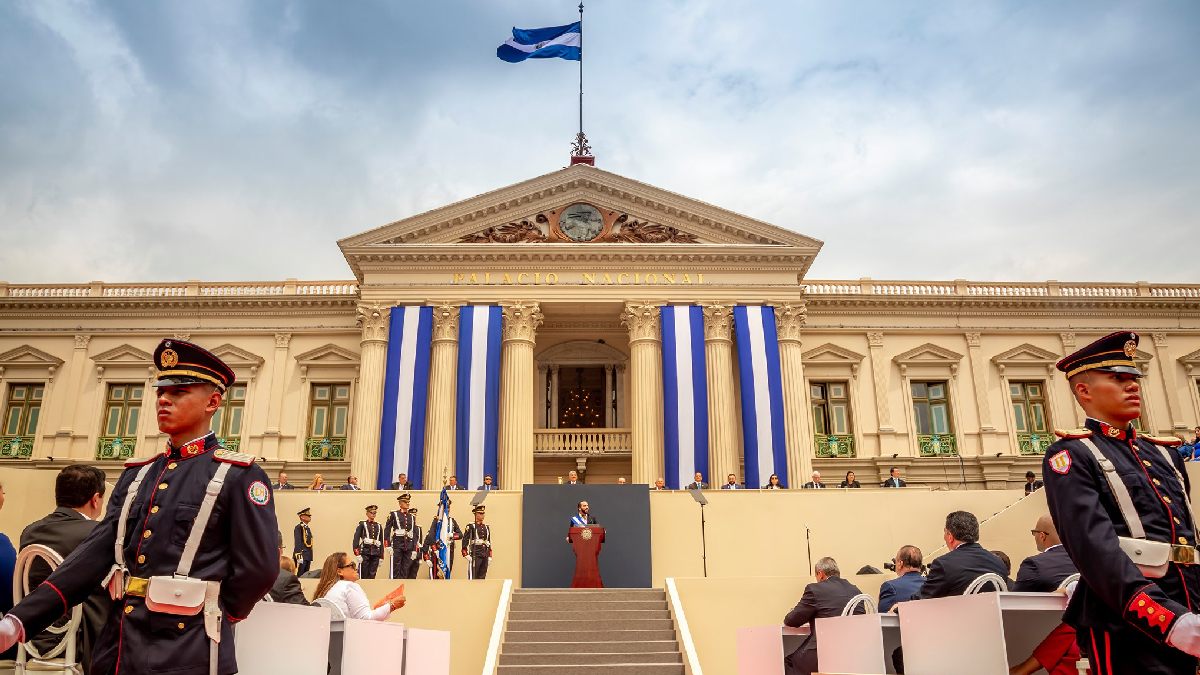
El Salvador is reportedly in a tense situation with the International Monetary Fund (IMF) for merging Bitcoin with its core financial system. Bitcoin, the oldest and the most expensive cryptocurrency, is accepted as a legal currency in El Salvador alongside the US Dollar, which is the nation’s fiat currency. This financial dalliance of El Salvador with this highly volatile digital asset is not a decision that has sat well with the IMF.
The IMF has asked El Salvador to change its policies around Bitcoin in order to get the aid of $1.4 billion that it needs to expedite public debt payments and other financial obligations. Given El Salvador’s firm pro-crypto stance, its negotiations with the IMF are currently at a standstill, a report by international publication InfoBae said this week.
Last week, El Salvador received a fresh warning from an IMF associate. The official has clearly communicated to Salvadoran President Nayib Bukele that the institute is concerned about the financial risks associated with Bitcoin.
Despite its ongoing tussle with the IMF, Bukele has kept El Salvador’s engagement with Bitcoin ongoing. In 2022, Bukele set up a National Bitcoin Office delegated with the task of maintaining all official records related to the digital asset.
The Salvadoran President approved Bitcoin bonds to allow the country to gather capital to pay debts for the country, while also bringing in contribution for Bukele’s ambitious special economic zone called the ‘Bitcoin City’, via ‘Volcano Tokens’.
Around April last year, when Bitcoin was trading lowly at around $29,449 (roughly Rs. 24.5 lakh), El Salvador recorded an 18 percent drop in BTC-based remittances.
Despite this drop, Bukele has reportedly vouched to keep purchasing 1 BTC token daily until the asset becomes unaffordable.
Under the circumstances, it remains unclear by when the IMF consider processing the financial aid that El Salvador requires.
Meanwhile, the IMF has been working with the G20 group of nations to formulate rules to oversee and regulate the volatile digital assets sector. The organisation has also teamed up with the Financial Stability Board (FSB) to draft these rules.
The IMF is also working on a new platform to enable international transactions through CBDCs.




















